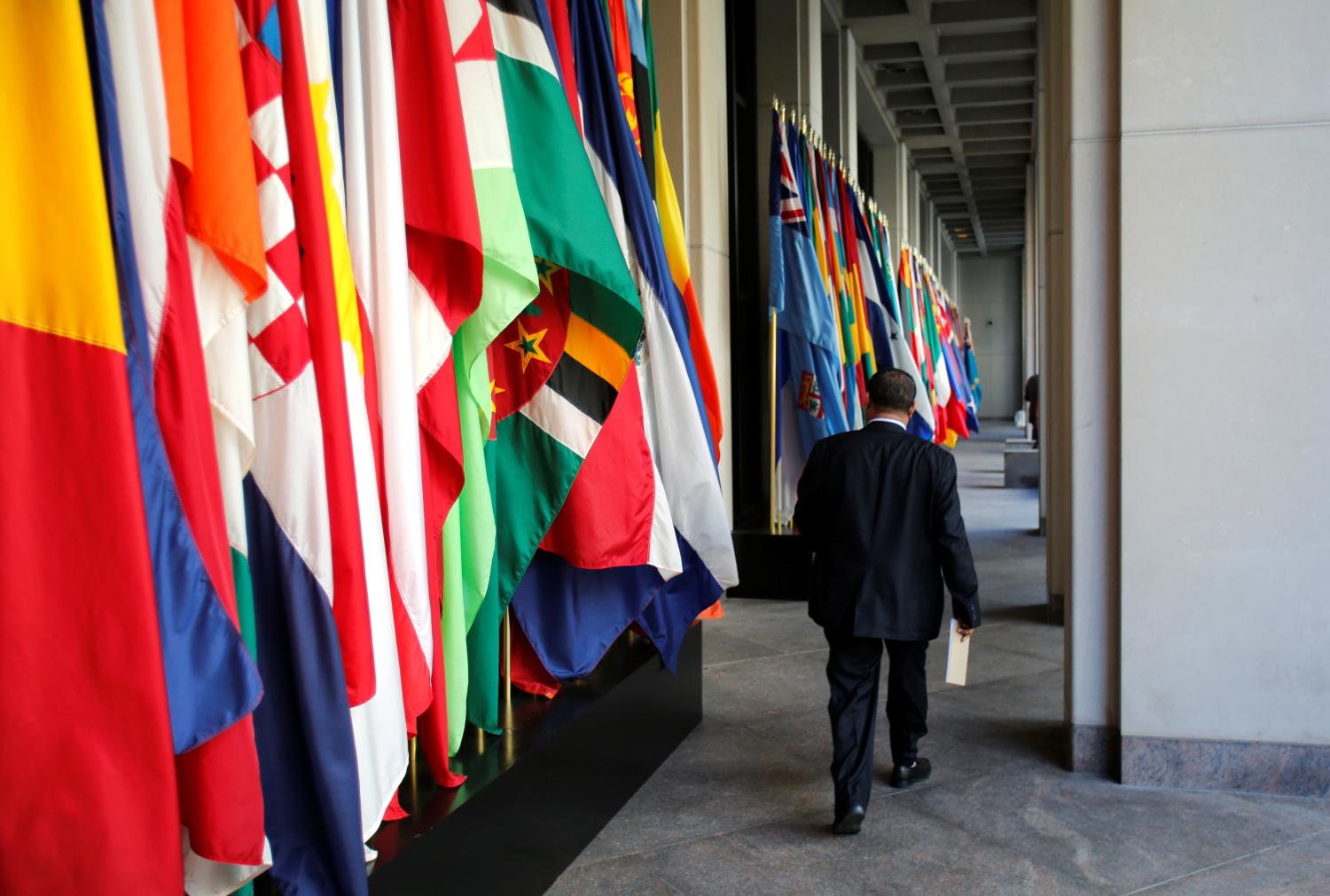Introduction
Worldwide, there has been a recent increase in expressions of cynicism. We are reminded that all power is hard power, and that being loved or respected is no substitute for being feared. The great power game of nations always continues, we are forewarned, even when a higher goal or rhetoric is evoked. Superpowers are selfish, arbitrary, and dangerous nations, and they should not be embarrassed to be so and not feel constrained by international legitimacy and laws. We are cautioned against assuming that the rise of the world’s emerging powers is doing anything to the status of United States as the sole superpower. Naturally, it would be a folly to think that global public opinion is in effect a “second superpower,” or even a crucial factor. Such concerns are the Lilliputians binding an unsuspecting Gulliver. Anyone harboring naïve views needs to be told that good intentions are at best a distraction and a nuisance, and at worst a recipe for disaster, given their imprudence. Cynics prefer to be unconcerned about the achievements of transnational normative action, such as abolishing the slave trade or establishing the International Criminal Court.
The advocates of these views would readily conclude that fairness does not matter—only power does. And these cynical views are not advanced only in the hard center of the international system. In a fascinating twist, many on the various peripheries of the international system also agree with this depiction. They argue that might makes right, and this absolves those without formidable power of any responsibility for solving global problems or even articulating their potential contributions if something other than the law of the jungle were to prevail. Thus the hubris of the powerful triggers irresponsibility among the not so powerful, which in turn is used by the cynics to argue the need for unadulterated power, given the rampant irresponsibility in the world at large.
This working paper, however, is based on a hypothesis that the cynics may be wrong. Its central conjecture is that fairness does matter today, and will matter more in the future. Long-term projections are notoriously and predictably difficult. The forecast that the BRICs (Brazil, Russia, India and China) and the Next 11 group of emerging nations will overtake the Group of 7 may not materialize for a very long time. Yet it is evident that power disparities are less severe today, and are likely to be even less so in the near future. At the same time, the current level of global interdependence and the very nature of the imminent global problems we face have clear repercussions for the constellation of minimum alliances that are necessary to overcome these problems. Climate change is the most obvious case in point; unless all the major players and their citizens willingly and proactively cooperate, it is unlikely that human civilization as we know it will survive. It is clear that Commodore Matthew Perry’s body language will not secure the proactive and willing cooperation of citizens around the world. Hubris and cynicism will also not embolden those who witness emerging threats and plots, as diverse as those by Osama bin Laden or Abdul Qadeer Khan, to speak out. And thus both notions and perceptions of fairness will be central to developing the master narrative about our epic interdependence and our responsibilities toward each other. Without a sense of fairness that appeals to many and a corresponding framework of global civics, we cannot navigate the treacherous waters of global interdependence.
The Brookings Institution is committed to quality, independence, and impact.
We are supported by a diverse array of funders. In line with our values and policies, each Brookings publication represents the sole views of its author(s).


